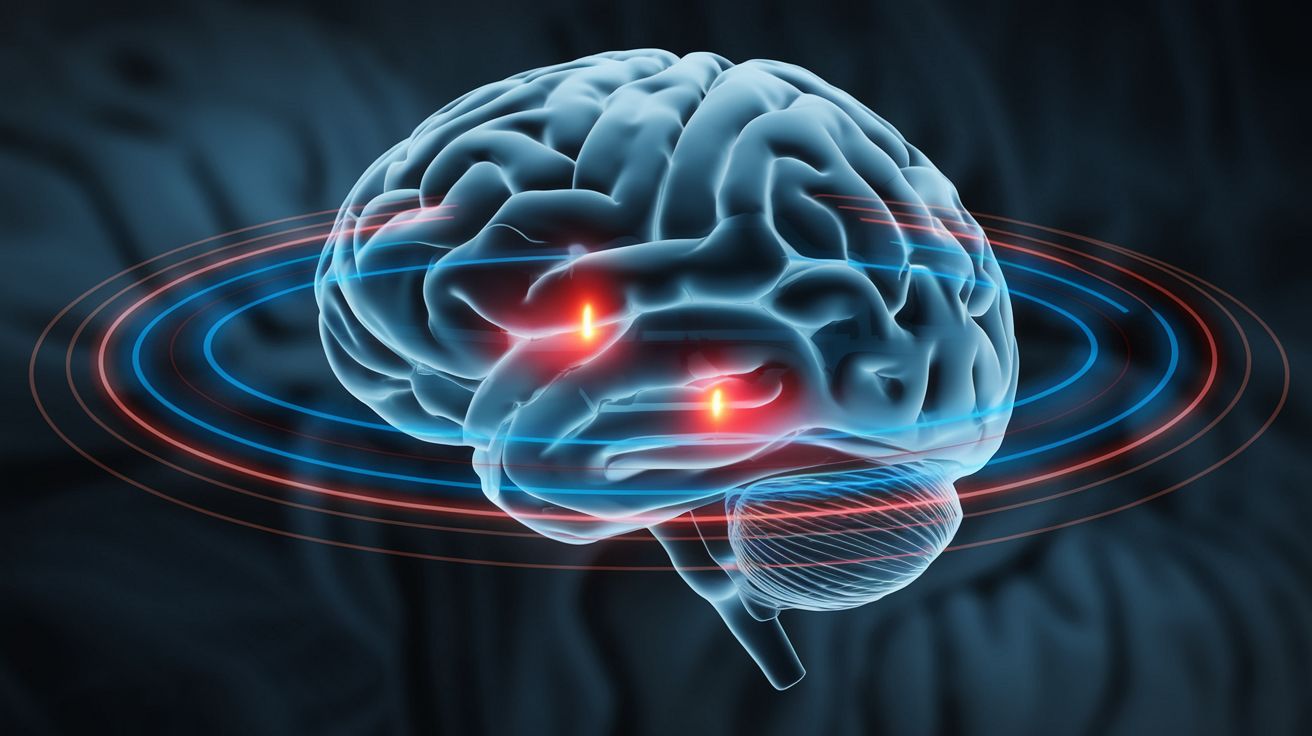Magnetic fields to control neurons remotely? A cutting-edge technology, magnetogenetics, now allows the inhibition or activation of brain circuits in mice remotely, without implants.

Scientists at Rockefeller University have modified genes to make certain neurons sensitive to magnetic fields. By controlling the neural circuits linked to Parkinson’s disease, they observed a significant improvement in movement.
The method relies on proteins that can be activated by magnetic fields, injected directly into neural circuits. When the magnetic field acts, it triggers or halts the activity of neurons, without the need for major surgery. The effectiveness of this technique was tested on mice, whose Parkinsonian symptoms were reduced. By calming the overactive neurons in the subthalamic nucleus, the researchers alleviated the characteristic motor disorders.
According to the study published in Science Advances, the absence of side effects is particularly encouraging. The magnetic fields used are of moderate intensity, which limits the risk of accidental activation.
Magnetogenetics could offer solutions for treating various conditions such as depression or obesity. The potential applications even extend to treating chronic pain, without the need for implants. Michael Kaplitt, a neurologist and author of the study, envisions this technology being used in clinics for neurological and psychiatric diseases. According to him, it represents a major advance in neuroscience.
Research is ongoing to adapt this method for human use. The next steps will aim to refine the precision of this technology and broaden its scope.
What is magnetogenetics?
Magnetogenetics is an innovative technique that combines gene therapy with the use of magnetic fields to control neuronal activity. It allows the activation or deactivation of specific groups of neurons without the need for implanted devices, thus offering a non-invasive approach to treating various neurological disorders.
This technology is based on the introduction of magnetic field-sensitive proteins into targeted neurons. These proteins, derived from gene therapies, act as switches, allowing researchers to modulate the activity of neurons using external magnetic fields. Studies on mice have shown promising results, including a reduction in the abnormal movements associated with Parkinson’s disease.
The appeal of magnetogenetics lies in its potential for clinical applications. By allowing precise control of brain circuits, this method could revolutionize the treatment of disorders like depression, chronic pain, and even obesity, while avoiding complications linked to invasive techniques.
This news item came from: https://www.techno-science.net/en/news/treating-depression-obesity-parkinson-with-magnets-troubling-experiment-N25982.html


